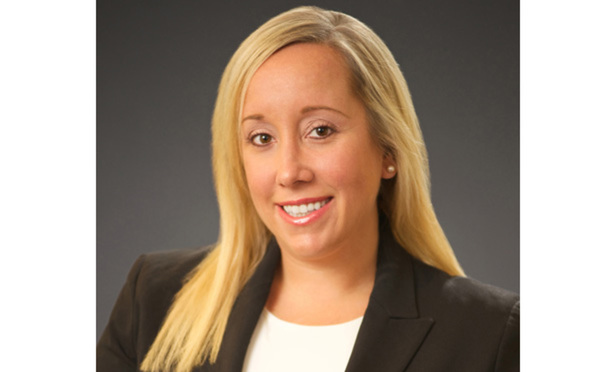The New York Supreme Court, New York County, recently became the first New York state court to consider the issue of innovator liability and joined the majority of jurisdictions declining to recognize this theory of recovery against brand-name pharmaceutical companies. Innovator liability is premised on the notion that a brand-name, or “innovator,” pharmaceutical manufacturer, which allegedly produced inadequate labeling on its brand-name drug, has a legal duty to warn consumers, even if those consumers ingested the competing generic version, because under the current regulatory scheme it is foreseeable that users and prescribers of generic drugs will rely on the warning labels included with the brand-name drug.
FDA rules require a generic drug label to be identical to its brand-name counterpart; and, as such, proponents of innovator liability argue that innovator manufacturers have a duty to warn end-users, regardless of whether the brand-name or generic version of the drug was ingested. The New York County Supreme Court rejected this theory of liability in Weese v. Pfizer, dismissing the plaintiff’s complaint because the court found no precedent in New York law for the creation of such a duty to warn for innovators where its product was not used.



